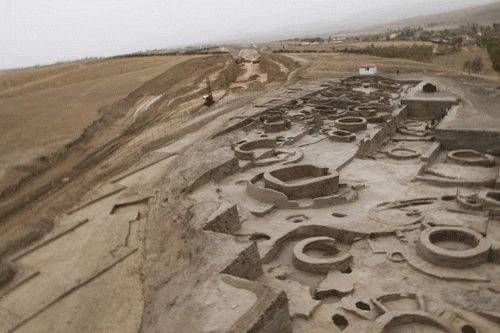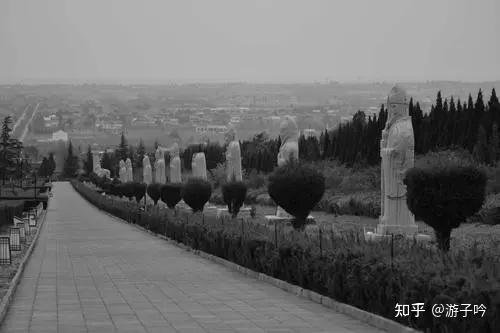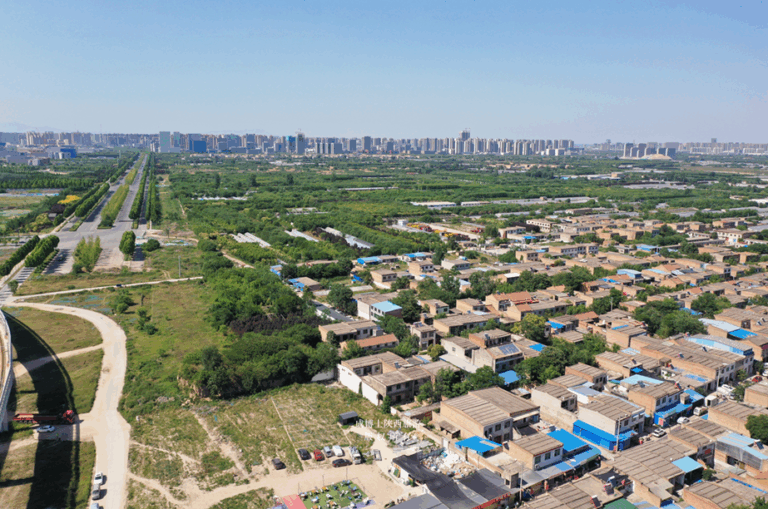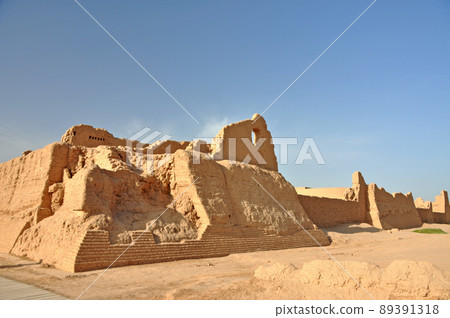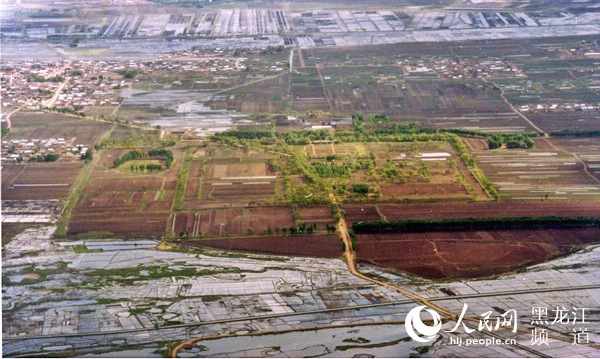Unravel the Mysteries of Qingyuan Qingtang Yizhi: Your Ultimate Travel Guide
An Essential Guide to Visiting Qingyuan Qingtang Yizhi
In This Guide
- An Essential Guide to Visiting Qingyuan Qingtang Yizhi
- The Rich History of Qingyuan Qingtang Yizhi
- Main Highlights: What to See at Qingyuan Qingtang Yizhi
- Planning Your Visit: A Practical Guide
- Tickets, Hours, and Booking
- How to Get There
- Local Cuisine and Accommodation
- Frequently Asked Questions
- Final Thoughts on Your Trip
Nestled in the picturesque landscape of Qingyuan City in Guangdong Province, the Qingyuan Qingtang Yizhi site serves as a remarkable testament to human history, bridging the gap between the Paleolithic and Neolithic eras. This significant archaeological treasure is not only a key national cultural heritage site but also a rare glimpse into the lives of early humans who once roamed this region.
The Qingtang site, located in the charming Qingtang Town, is distinguished for its well-preserved cave formations that offer profound insights into the transition of human civilization in South China. Visitors to this site are invited to embark on a journey through time, exploring the remnants of ancient habitation that shed light on the daily lives, cultures, and survival strategies of our distant ancestors.
As you wander through the caves and surrounding areas, you’ll discover a rich tapestry of history, enhanced by the stunning natural beauty of the region. Whether you’re an avid history buff or simply curious about the stories encapsulated in the earth, Qingyuan Qingtang Yizhi promises an enriching experience that connects the past with the present, revealing the enduring legacy of human innovation and resilience.
The Rich History of Qingyuan Qingtang Yizhi
The Qingyuan Qingtang Yizhi, located in Qing Tang Town of Yingde City, Guangdong Province, stands as a significant archaeological site that reflects the transition from the Paleolithic to the Neolithic periods in Southern China. Recognized as a key cultural heritage site, it provides invaluable insights into the prehistoric human activities and environmental adaptations in this region.
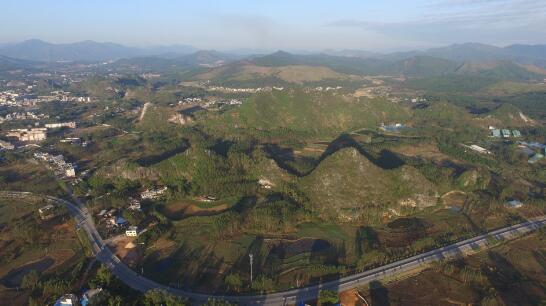
Qingyuan Qingtang Yizhi.
Discovered in the late 20th century, the Qingtang site is characterized by a series of caves that served as habitation spaces for early humans. Archaeological excavations have unearthed a wealth of artifacts, including stone tools and remnants of ancient dwellings, which date back thousands of years. These findings indicate that the inhabitants of the site engaged in various subsistence practices, including hunting and gathering, as well as early forms of agriculture, suggesting a complex and evolving cultural landscape.
The site’s importance is further underscored by its designation as a national key cultural relics protection unit. This status not only emphasizes the archaeological significance of Qingtang but also highlights the necessity of preserving its historical integrity for future research and education. As such, it has become a focal point for archaeologists and historians studying the development of early societies in southern China.
Today, the Qingyuan Qingtang Yizhi serves as a bridge connecting modern visitors with the ancient past. It offers a glimpse into the lives of early humans who thrived in a challenging environment, showcasing their ingenuity and adaptability. The ongoing research and public interest in the site contribute to a deeper understanding of human history and cultural evolution in the region, making it a must-visit destination for anyone intrigued by archaeology and history.
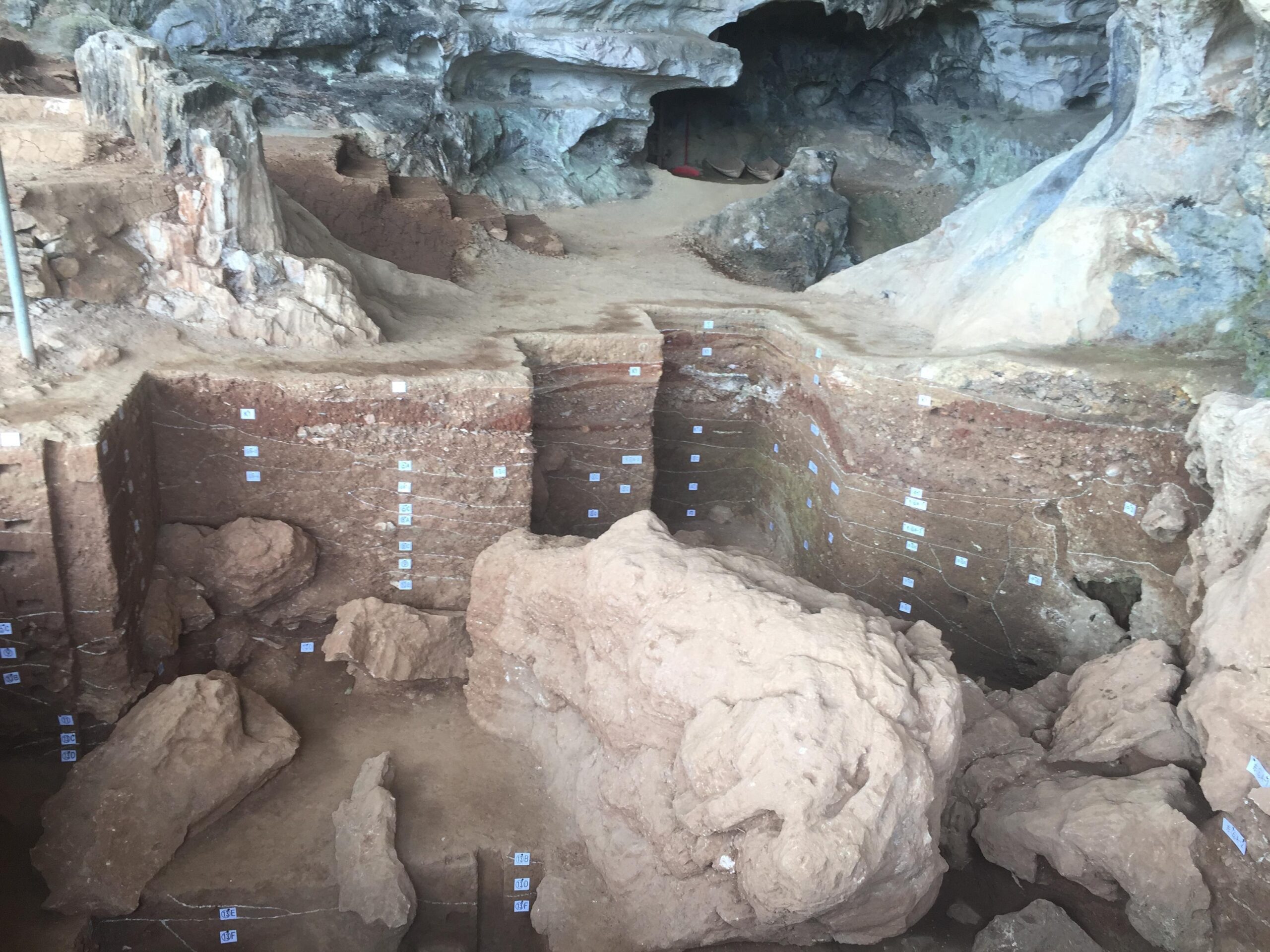
Qingyuan Qingtang Yizhi.
Main Highlights: What to See at Qingyuan Qingtang Yizhi
Qingyuan Qingtang Yizhi (青塘遗址) stands as a significant archaeological site nestled in Qingtang Town, located in the Yingde City of Guangdong Province, China. This site offers a compelling glimpse into the transitional period between the Paleolithic and Neolithic eras in southern China. Here are some key highlights that make this site a must-visit for history enthusiasts and curious travelers alike:
-
Rich Archaeological Significance: Recognized as a key cultural heritage site, Qingtang Yizhi is a rare example of a cave dwelling from the late Stone Age. The site has yielded an array of artifacts that reflect the lifestyle and practices of early humans in this region, providing valuable insights into their social structure and daily activities.
-
Unique Geological Features: The cave formations at Qingtang Yizhi are not only fascinating from an archaeological standpoint but also showcase stunning natural beauty. The limestone caves feature impressive stalactites and stalagmites, creating a dramatic backdrop that enhances the exploration experience.
-
Cultural Heritage Preservation: As a nationally protected site, Qingtang Yizhi plays a crucial role in preserving the history of human habitation in southern China. Visitors can appreciate the efforts made to safeguard these ancient relics and learn about the importance of heritage conservation.
-
Educational Opportunities: The site often hosts guided tours and educational programs led by local historians and archaeologists. These experiences provide deeper knowledge about the artifacts discovered and the significance of the site in the broader context of Chinese history.
-
Scenic Surroundings: Beyond its archaeological importance, Qingtang Yizhi is set in a picturesque landscape that invites leisurely exploration. The surrounding natural beauty, characterized by lush greenery and serene waterways, makes it an ideal spot for hiking and photography.
-
Accessibility: Located just a short drive from the city center of Yingde, Qingtang Yizhi is easily accessible for day-trippers and those looking to delve into the rich tapestry of China’s prehistoric past.
Visiting Qingtang Yizhi is not just about witnessing ancient artifacts; it’s an opportunity to connect with the roots of human civilization in a stunning natural setting. Whether you’re an avid archaeologist or simply a curious traveler, this site offers a unique blend of history, culture, and beauty.
Planning Your Visit: A Practical Guide
Practical Guide to Qingyuan Qingtang Yizhi (青塘遗址)
Location and Accessibility
Qingyuan Qingtang Yizhi is situated in Qingtang Town, within the Yingde District of Qingyuan City, Guangdong Province. This archaeological site is easily accessible by car and public transportation from major cities in the region, including Guangzhou and Shenzhen. If driving, follow the signs to Yingde, then to Qingtang Town. For public transport, several buses operate from Qingyuan city center to Qingtang, making it a convenient trip for travelers.
Visiting Hours and Admission
The site is open to visitors throughout the week, typically from 9:00 AM to 5:00 PM. Be sure to check for any seasonal changes in hours. Admission is generally free; however, guided tours may incur a small fee. It’s advisable to arrive early to avoid crowds, especially during weekends and holidays.
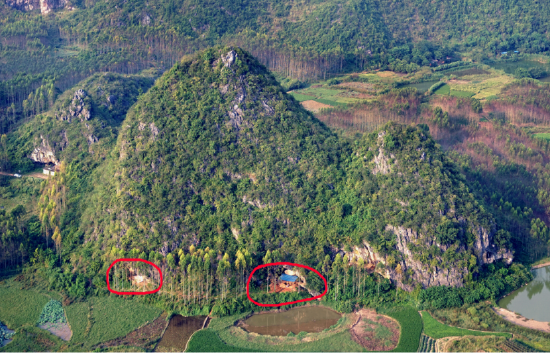
Qingyuan Qingtang Yizhi.
What to Expect
Qingtang Yizhi is renowned for its significance as a transitional archaeological site between the Paleolithic and Neolithic periods. Visitors can explore remnants of ancient cave dwellings and artifacts that highlight the area’s historical importance. Educational displays and guided tours provide insights into the archaeological findings, making it an enriching experience for history enthusiasts and casual visitors alike.
Guided Tours
To fully appreciate the site, consider joining a guided tour. Knowledgeable guides can provide context and detail regarding the archaeological significance of the area, including recent discoveries. Tours often include interactive elements, allowing visitors to engage with the history of the site more deeply.
Facilities and Amenities
While the site is primarily focused on its archaeological significance, basic visitor amenities such as restrooms and informational kiosks are available. There are no extensive dining facilities on-site, so it’s a good idea to bring snacks and water. Nearby towns offer local eateries where you can sample traditional Guangdong cuisine.
Best Time to Visit
The ideal time to visit Qingyuan Qingtang Yizhi is during the spring and autumn months, when the weather is mild and pleasant. This not only enhances your overall experience but also makes it easier to hike around the site and appreciate the surrounding natural beauty.
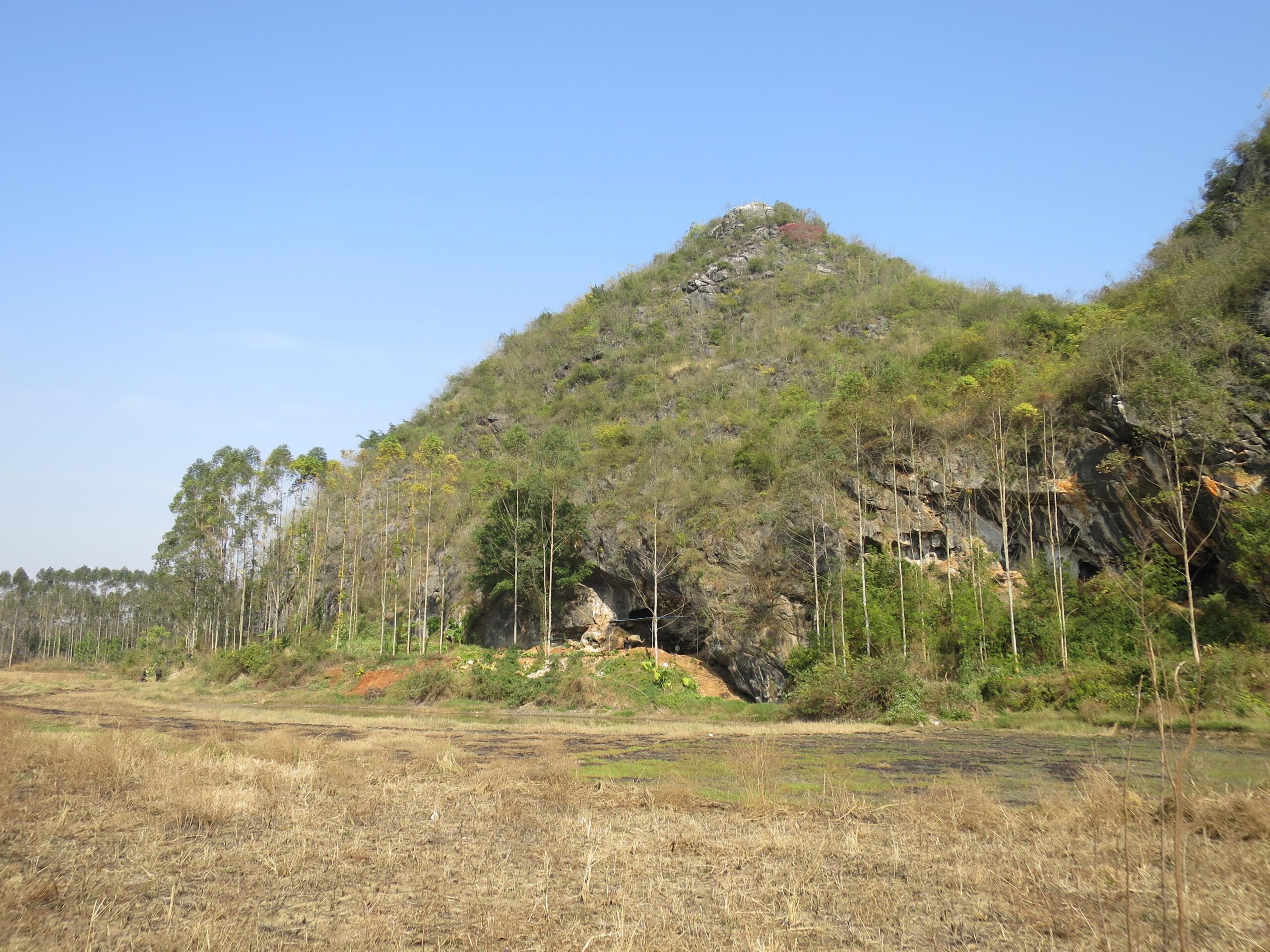
Qingyuan Qingtang Yizhi.
Cultural Etiquette
As this site holds significant historical value, it’s important to maintain respect during your visit. Avoid touching artifacts or straying off designated paths. Photography is generally allowed, but be mindful of any restrictions on flash photography or specific areas.
Nearby Attractions
Consider extending your visit to include nearby attractions such as the Yingde Karst Mountain formations and the beautiful rivers that flow through the region. These natural wonders complement the historical significance of Qingtang Yizhi and provide opportunities for outdoor activities such as hiking, boating, and photography.
Conclusion
A visit to Qingyuan Qingtang Yizhi offers a unique glimpse into China’s prehistoric past. With its well-preserved cave sites and rich archaeological heritage, it’s a must-see for anyone traveling through Guangdong Province. Prepare for an enlightening experience that connects you to the ancient roots of humanity.
Tickets, Hours, and Booking
Visiting Qingyuan Qingtang Yizhi (青塘遗址) is an enriching experience for anyone interested in archaeology and the ancient history of South China. This significant site, located in Qingtang Town of Yingde City, Guangdong Province, showcases a transition period between the Paleolithic and Neolithic eras. As a nationally protected cultural heritage site, it attracts numerous visitors who wish to explore its fascinating underground caves and learn about its archaeological significance.
Ticket Information
-
Admission Fee: The entry to Qingyuan Qingtang Yizhi is typically free; however, certain guided tours or special exhibitions may require a small fee.
-
Opening Hours: The site is generally open to visitors from 8:30 AM to 5:30 PM. It is advisable to check for seasonal variations or special closures, especially during public holidays.
-
Guided Tours: While self-exploration is encouraged, several guided tours are available to provide deeper insights into the site’s history and archaeological findings. Reservations for guided tours can often be made online or on-site.
-
Location Access: Qingyuan Qingtang Yizhi is accessible by public transportation and private vehicles. Ensure to check local transportation schedules for the most convenient routes.
-
Visitor Facilities: Restrooms and basic amenities are available on-site, but it’s recommended to bring water and snacks, especially if you plan to spend several hours exploring the caves.
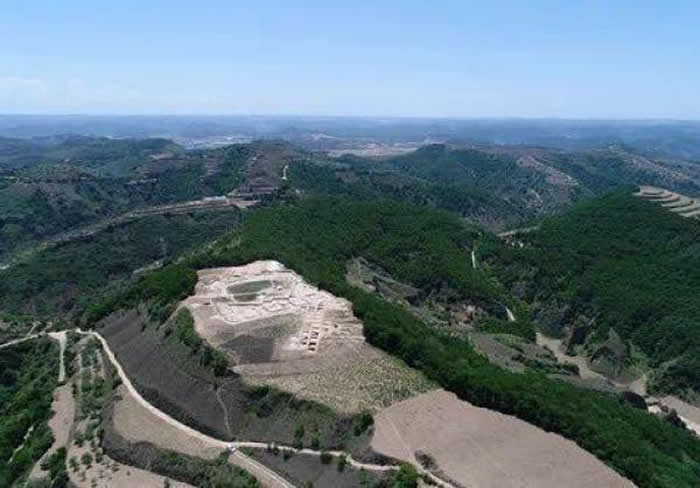
Qingyuan Qingtang Yizhi.
For the latest updates on ticket prices and visitor information, it’s a good idea to visit the official tourism websites or local tourism offices prior to your visit. Enjoy your journey into the depths of history at Qingyuan Qingtang Yizhi!
How to Get There
Getting to Qingyuan Qingtang Yizhi (青塘遗址) involves a mix of transportation options, making it accessible for both domestic and international travelers eager to explore this significant archaeological site located in Qingyuan City, Guangdong Province.
By Air
The nearest major airport to Qingyuan Qingtang Yizhi is Guangzhou Baiyun International Airport (CAN), approximately 100 kilometers away. From the airport, you can take a direct bus or a taxi to Qingyuan. The bus service is both affordable and convenient, typically taking around 1.5 to 2 hours depending on traffic.
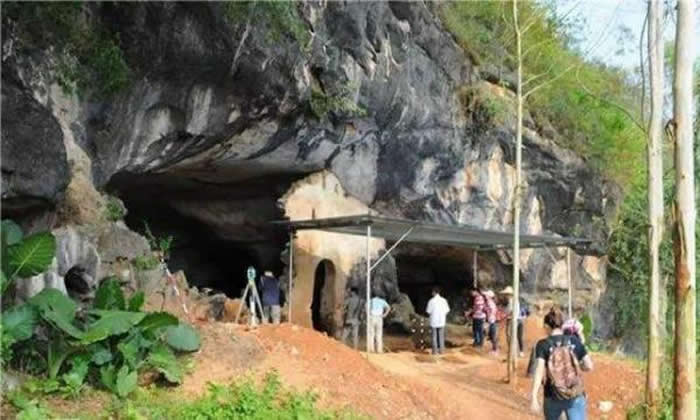
Qingyuan Qingtang Yizhi.
By Train
For those traveling within China, taking a train is an efficient option. Qingyuan Railway Station serves several high-speed trains from major cities like Guangzhou, Shenzhen, and Zhuhai. The journey from Guangzhou takes about 30 to 50 minutes, and from there, a short taxi ride will get you to the site.
By Bus
Long-distance buses are another viable option. Several bus companies operate services from Guangzhou and other nearby cities to Qingyuan. Buses depart from various terminals in Guangzhou, such as the Guangzhou Provincial Bus Station, and the trip usually takes around 2 to 3 hours.
Local Transportation
Once in Qingyuan, you can use local taxis or ride-hailing apps like Didi to reach the Qingtang Yizhi site. The site is located in Qingtang Town, which is about 20 kilometers from the city center. Alternatively, public buses may also serve this route, but schedules can vary, so it’s advisable to check in advance.
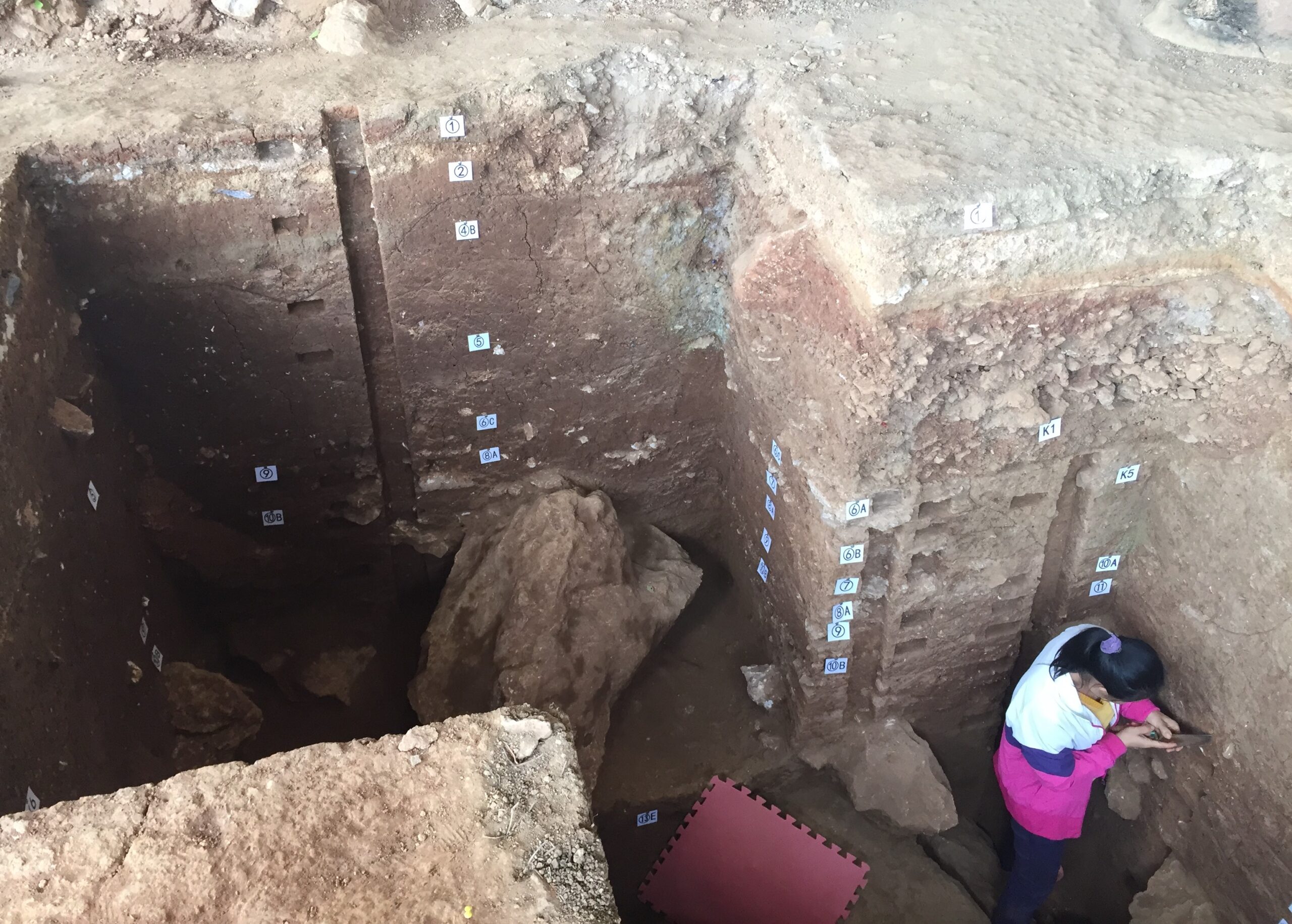
Qingyuan Qingtang Yizhi.
Travel Tips
- It’s recommended to check the latest schedules for trains and buses, as they can change frequently.
- If you’re not fluent in Mandarin, having your destination written in Chinese can be helpful when communicating with taxi drivers or locals.
- Plan your visit during daylight hours to fully appreciate the site and its surroundings.
Whether you choose to fly, take a train, or hop on a bus, reaching Qingyuan Qingtang Yizhi offers a glimpse into the rich history and culture of the region, enhancing your travel experience in Southern China.
Local Cuisine and Accommodation
Nestled in the scenic town of Qingtang, within the city of Qingyuan, the Qingtang Yizhi archaeological site is not just a treasure trove of history but also an inviting destination for travelers seeking local cuisine and comfortable lodging. Here’s a brief guide to enhance your visit.
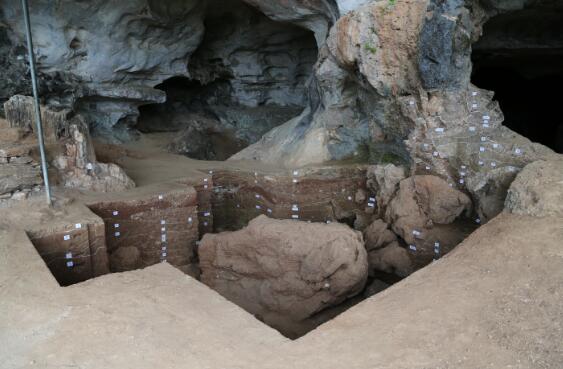
Qingyuan Qingtang Yizhi.
Dining Options
When it comes to savoring local flavors, Qingtang offers a delightful range of dining experiences. The local cuisine is heavily influenced by Cantonese culinary traditions, known for its emphasis on fresh ingredients and subtle flavors.
-
Local Restaurants: Look for family-run eateries that serve authentic dishes like Guangdong-style dim sum and stir-fried seasonal vegetables. These establishments often use locally sourced ingredients, ensuring a fresh and tasty meal.
-
Street Food: Don’t miss the street vendors offering grilled skewers and baozi (steamed buns) stuffed with various fillings. Sampling the street food is a must for any adventurous foodie.
-
Tea Houses: Experience traditional Chinese tea culture at one of the local tea houses. Enjoy a calming cup of oolong tea or jasmine tea, paired with light snacks, as you soak in the local ambiance.
Accommodation
For a comfortable stay near the Qingtang Yizhi site, options range from boutique hotels to guesthouses that reflect the charm of this historic area.

Qingyuan Qingtang Yizhi.
-
Boutique Hotels: There are several boutique hotels in Qingyuan that offer modern amenities while retaining a traditional aesthetic. Many of these establishments feature beautifully decorated rooms, some with scenic views of the surrounding landscape.
-
Guesthouses: For a more intimate experience, consider staying at a local guesthouse. These often provide a cozy atmosphere and personalized service, allowing guests to connect with the local culture. Breakfast typically includes homemade dishes, which can be a great way to start your day.
-
Eco-lodges: If you’re looking to immerse yourself in nature, eco-lodges in the vicinity offer a unique experience. These accommodations focus on sustainability and often provide opportunities for hiking and exploring the natural beauty of Qingyuan.
In summary, whether you’re indulging in local delicacies or resting in a charming hotel, Qingyuan Qingtang Yizhi ensures that your visit is both delicious and comfortable. Enjoy your culinary adventures and restful nights as you explore this fascinating archaeological site!
Frequently Asked Questions
Frequently Asked Questions about Qingyuan Qingtang Yizhi (青塘遗址)
-
Where is Qingyuan Qingtang Yizhi located?
Qingyuan Qingtang Yizhi is situated in Qingtang Town, Yingde City, Guangdong Province, China. It is easily accessible and is a significant historical site in the region. -
What is the historical significance of Qingyuan Qingtang Yizhi?
This site is renowned as a typical cave archaeological site representing the transitional period between the Old and New Stone Ages in southern China. It is recognized as a major cultural heritage site and is classified as a national key protected site. -
What can visitors expect to see at the site?
Visitors can explore the remnants of ancient human activity, including tools and artifacts that date back thousands of years. The area features stunning natural landscapes alongside the archaeological findings, providing a comprehensive experience of both history and nature. -
Is there an entrance fee to visit Qingyuan Qingtang Yizhi?
Currently, no entrance fee is required to visit the site, making it an accessible destination for both locals and tourists. -
Are there guided tours available?
Yes, guided tours are often available, led by knowledgeable staff who can share insights into the site’s history and archaeological significance. These tours can enhance the visitor experience by providing context to the artifacts and structures. -
What is the best time of year to visit Qingyuan Qingtang Yizhi?
The best time to visit is during the spring and autumn months when the weather is mild and pleasant. This allows for comfortable exploration of the site and surrounding areas. -
Are there any amenities available for visitors?
Basic amenities such as restrooms and parking facilities are available at the site. However, it is advisable to bring your own food and water, as there may not be extensive dining options nearby. -
Can I take photographs at Qingyuan Qingtang Yizhi?
Yes, visitors are generally allowed to take photographs, but it is important to respect any signage or guidelines regarding photography, especially in designated archaeological areas.
Final Thoughts on Your Trip
Visiting Qingyuan Qingtang Yizhi is not merely an excursion into the past; it is an invitation to experience the profound connection between humanity and its ancient roots. As one of the most significant cave sites in South China, this archaeological treasure offers a glimpse into the transition from the Paleolithic to the Neolithic era, showcasing the evolution of early human life and culture.
As you explore the remnants of this historical site, you are not just observing artifacts; you are stepping into the shoes of our ancestors, understanding their struggles and triumphs, and appreciating the rich tapestry of history that has shaped our world today. Engaging with local guides, like Wu Sa and Hong Xia, provides a deeper insight into the ongoing archaeological discoveries and the stories that continue to emerge from the earth.
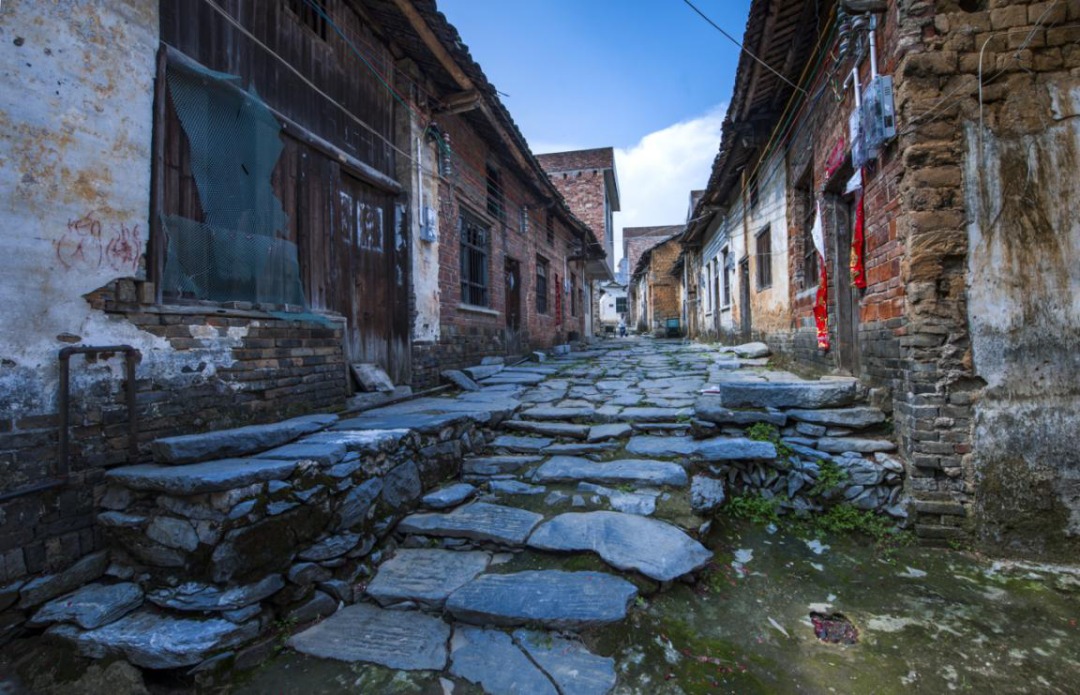
Qingyuan Qingtang Yizhi.
Whether you are a history enthusiast, a nature lover, or simply seeking a unique adventure, Qingyuan Qingtang Yizhi promises an enriching experience. It stands as a reminder of our shared human journey, urging us to reflect on our past and consider its impact on our future. Make sure to include this remarkable site in your travel itinerary, and allow it to inspire your own journey of discovery.
